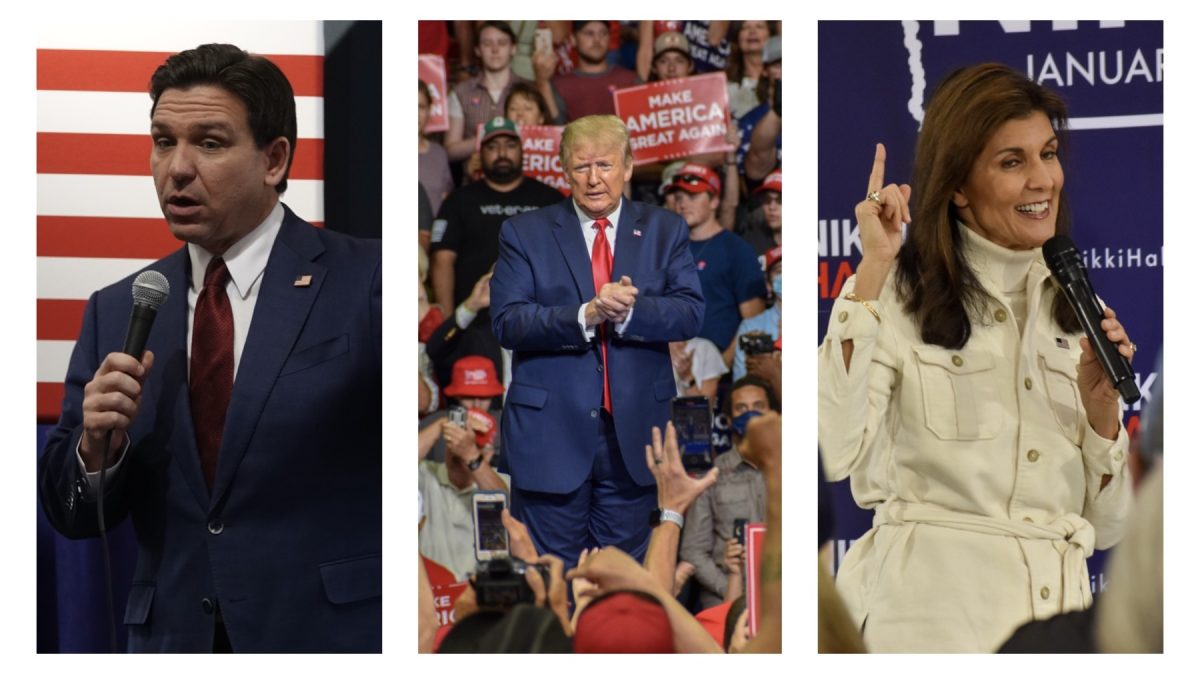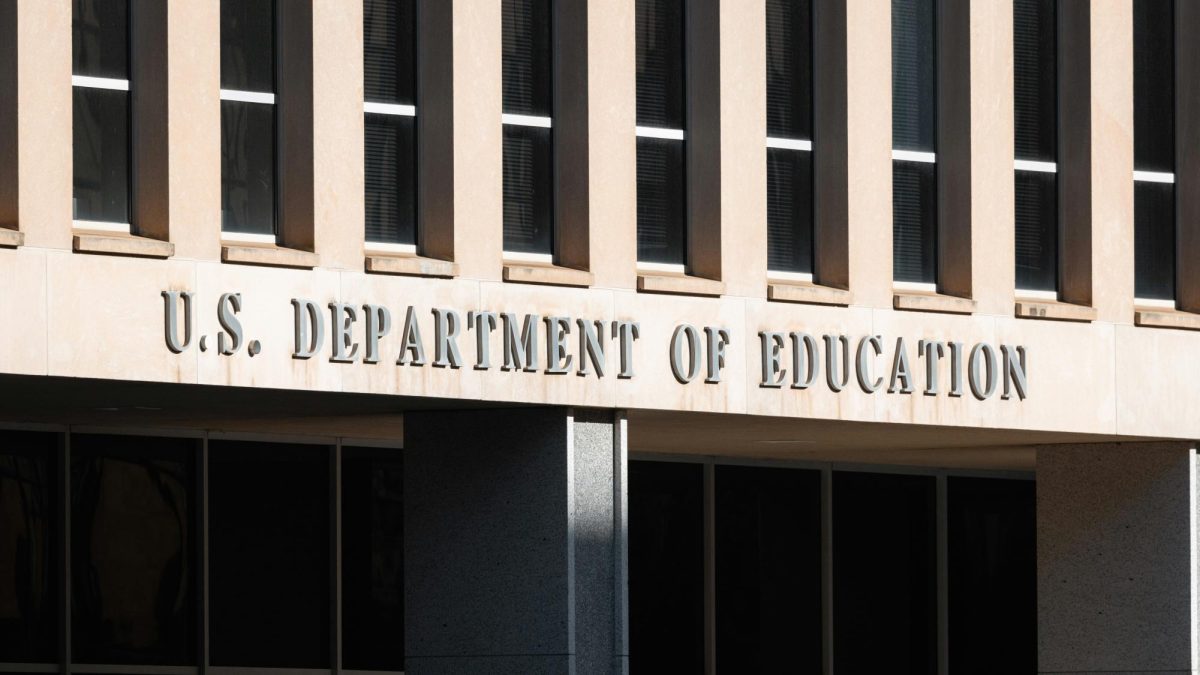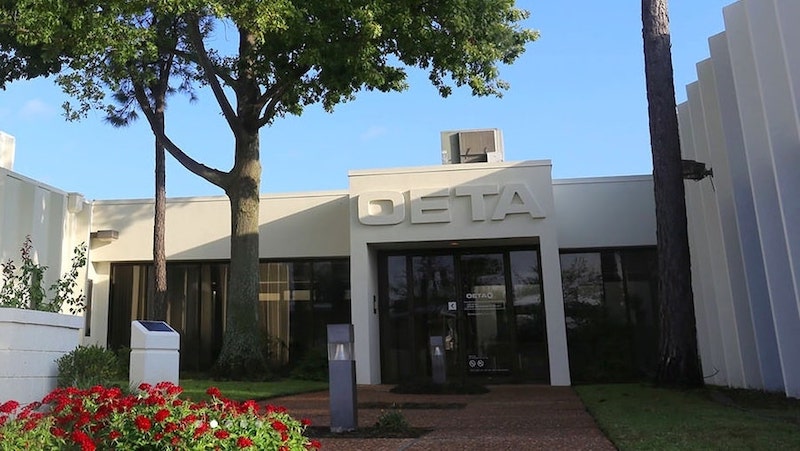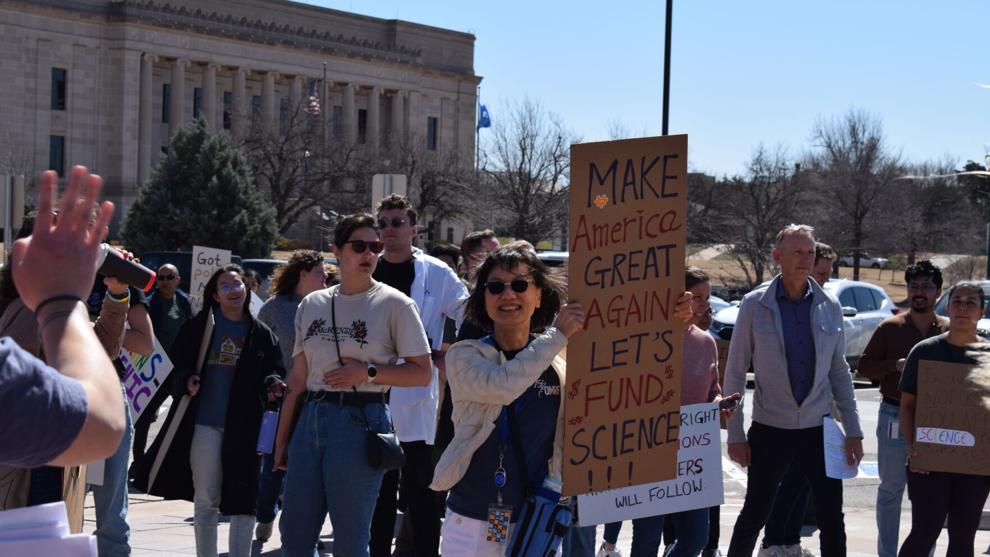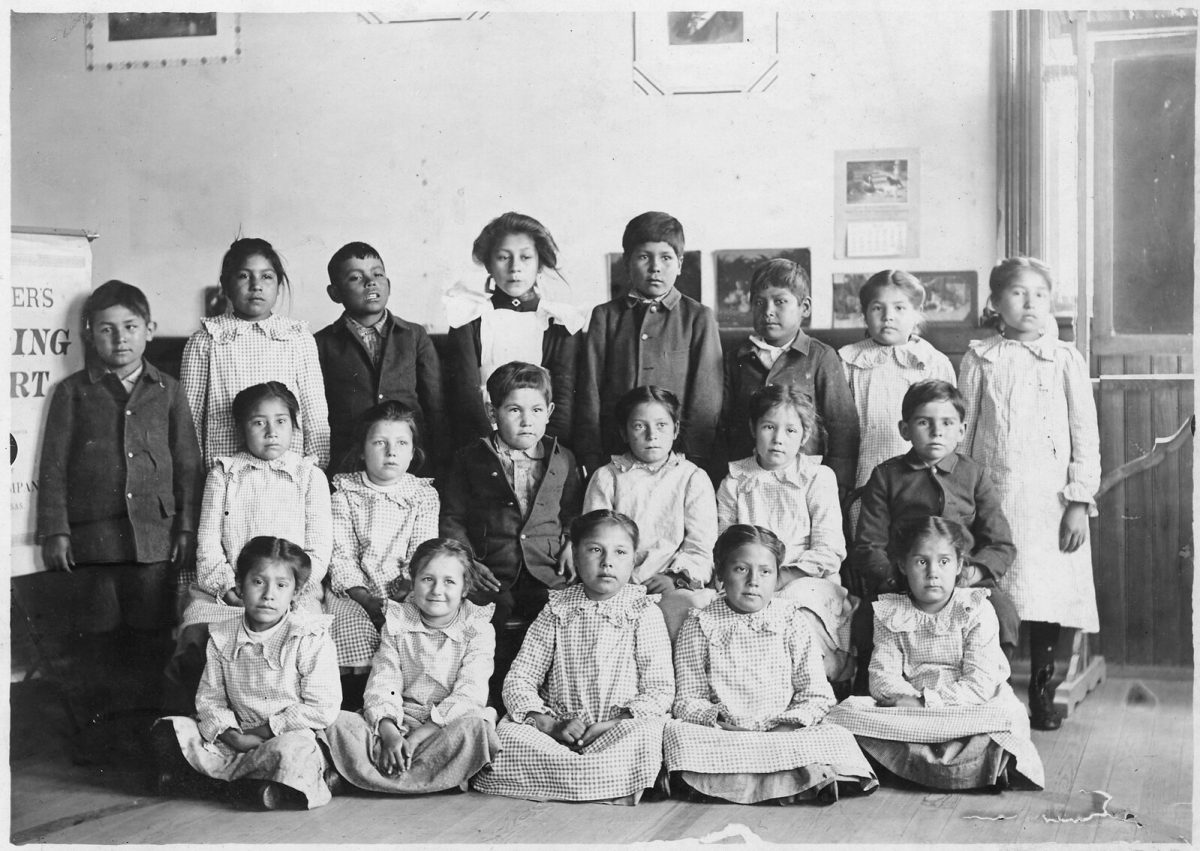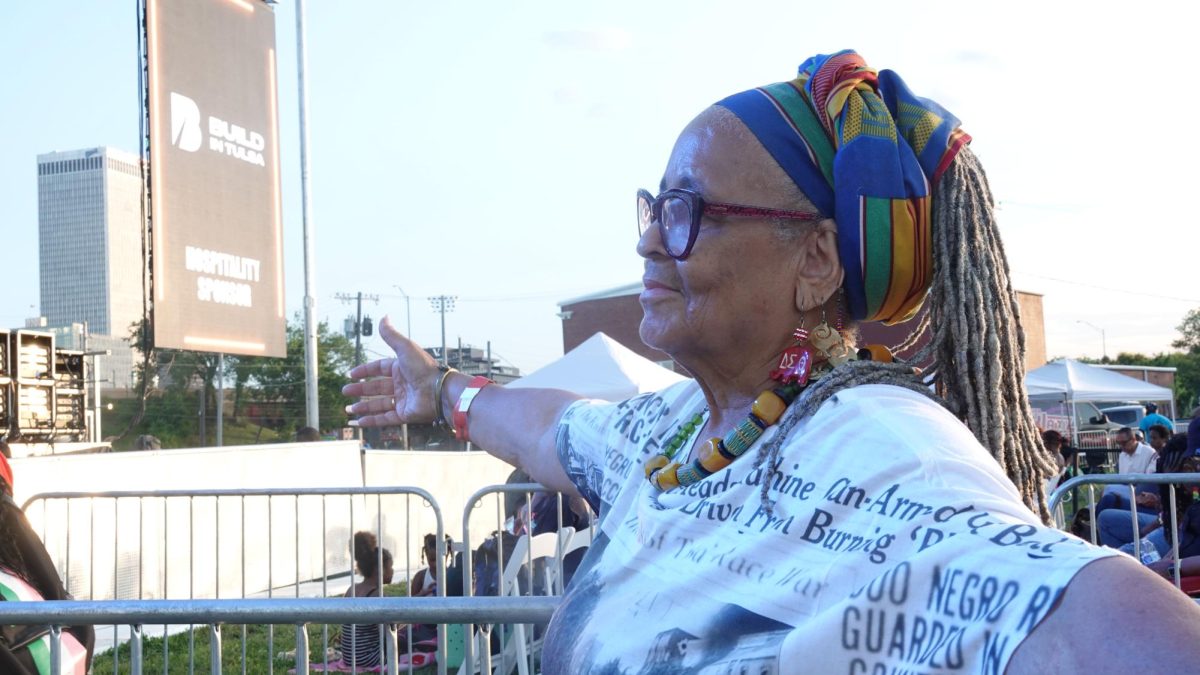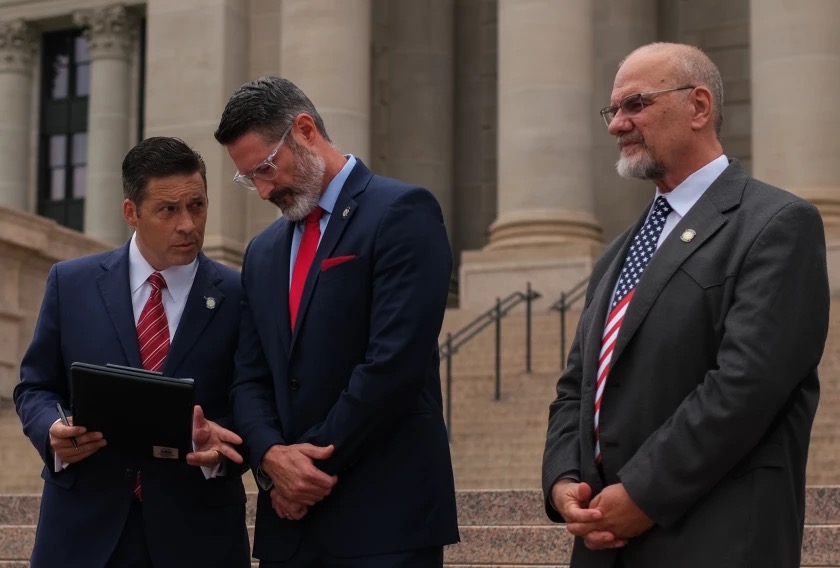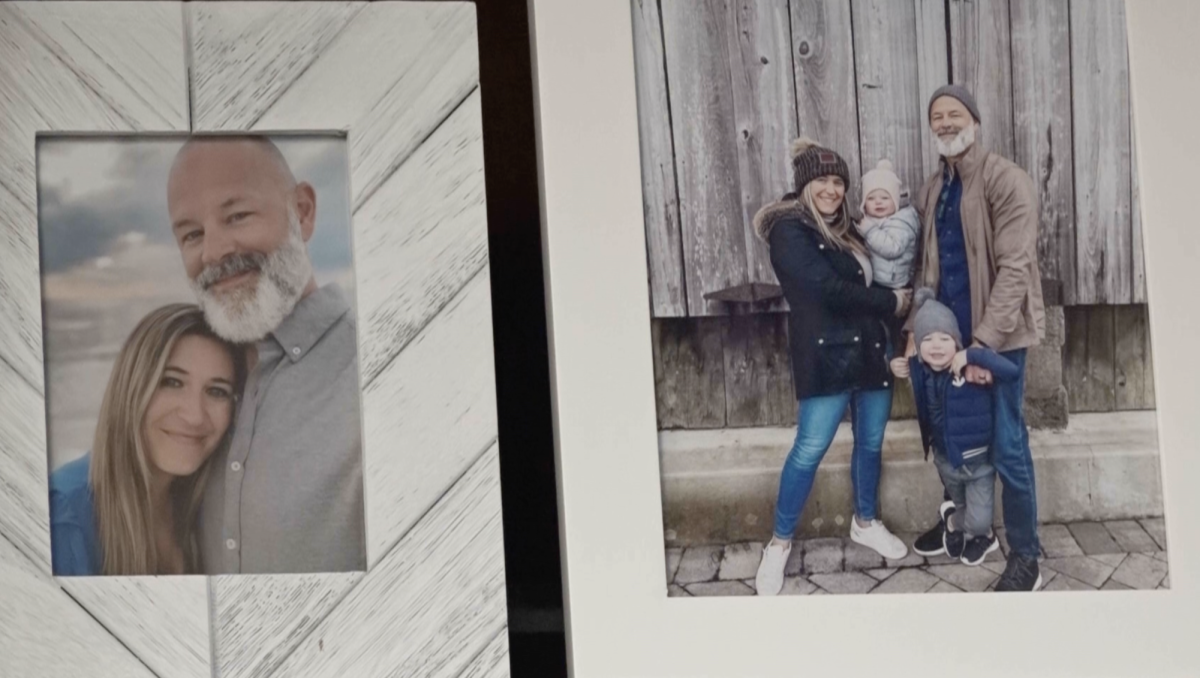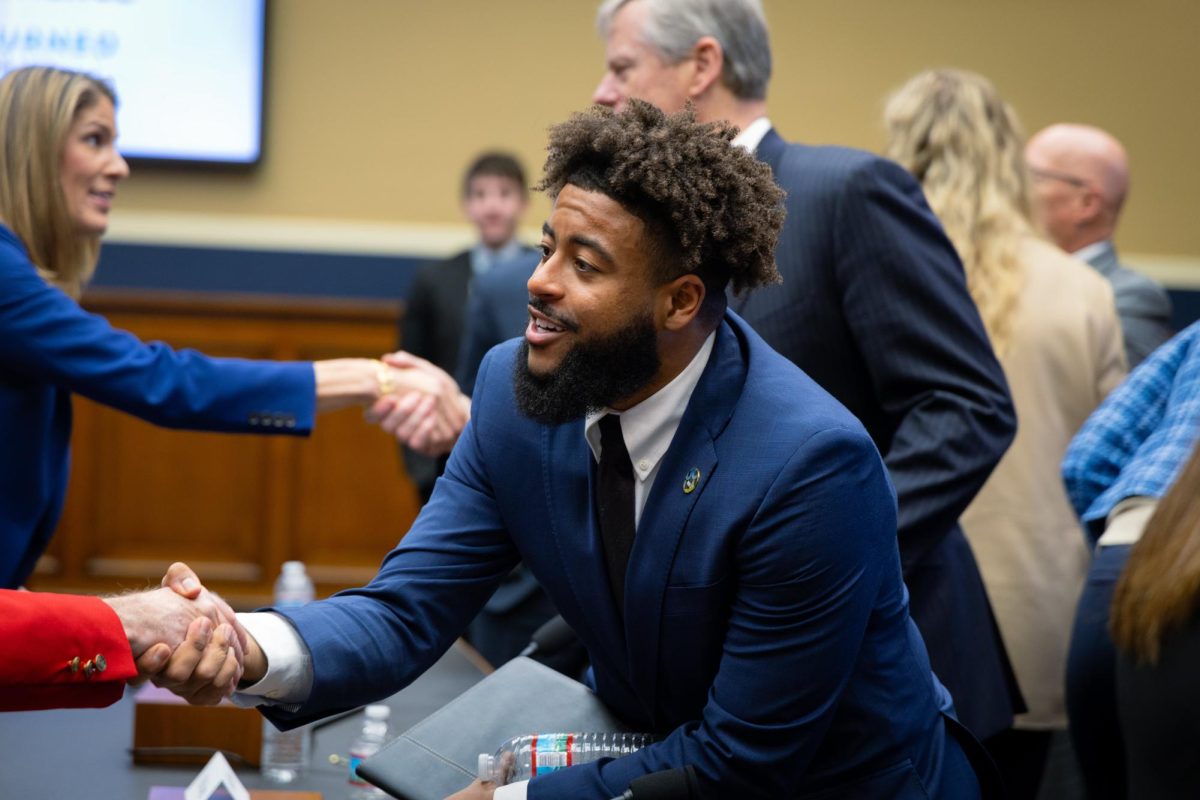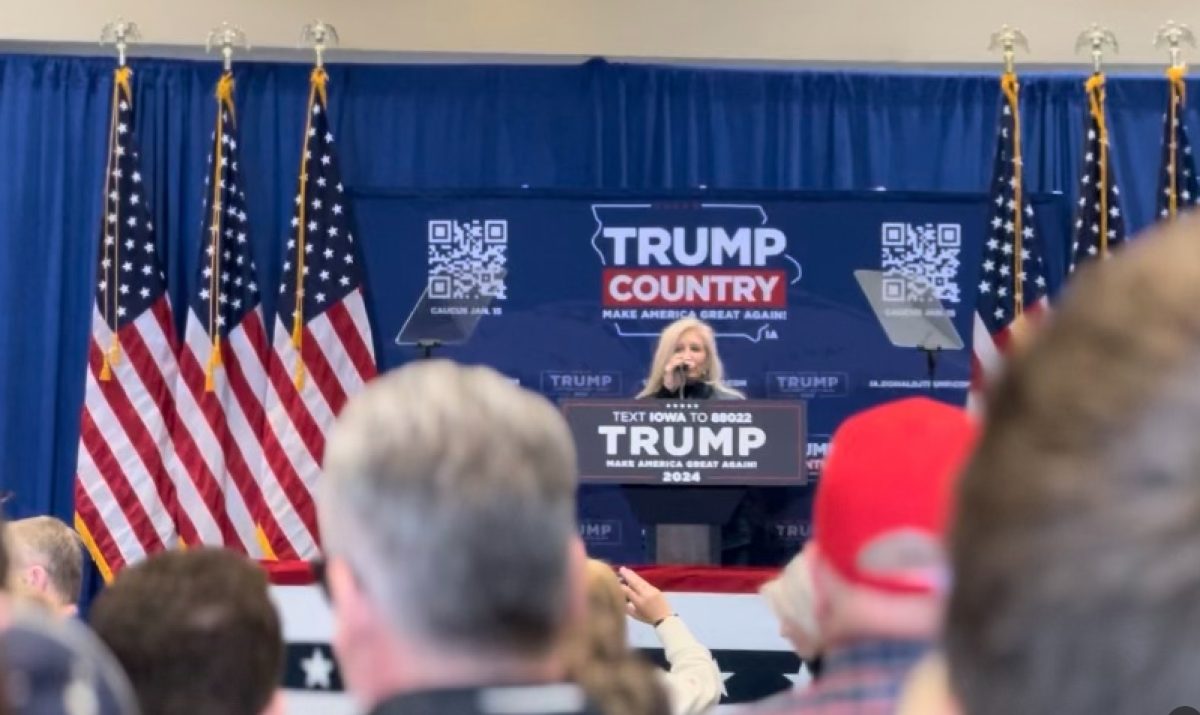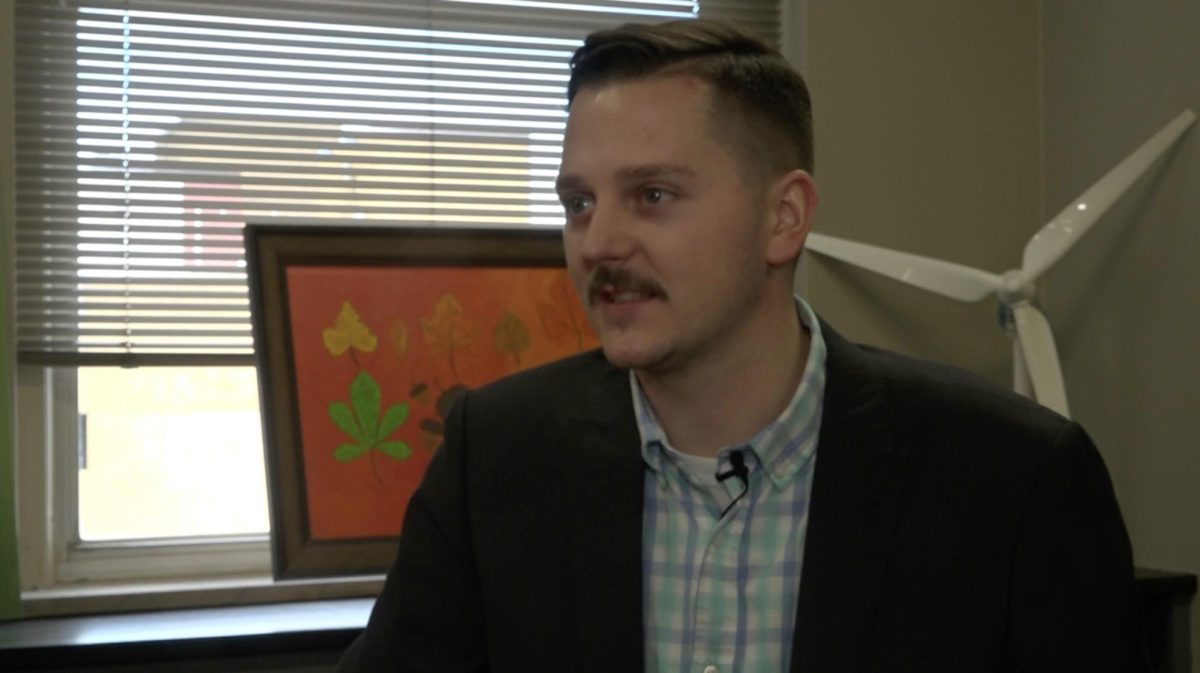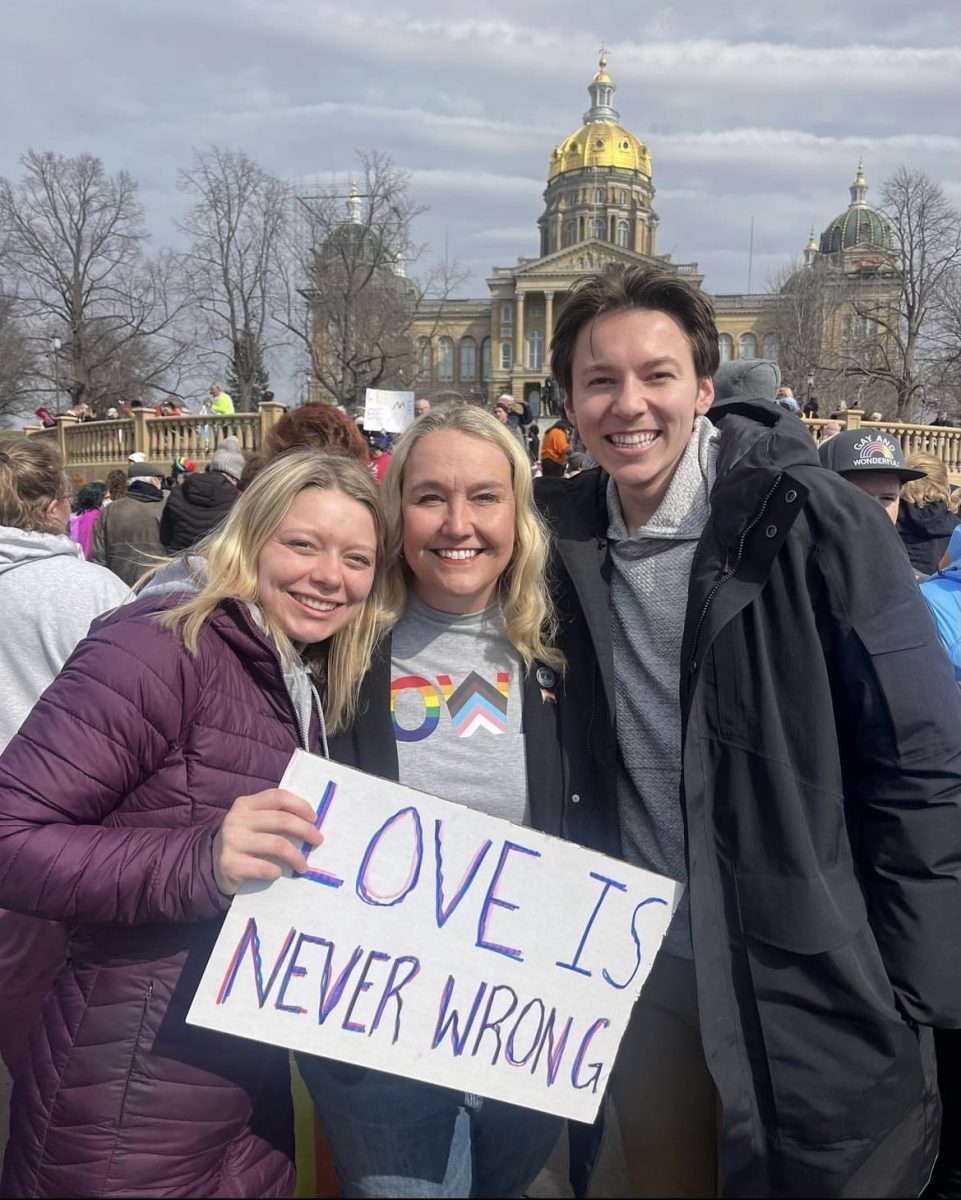Every four years, Iowa becomes the epicenter of American politics and sets the stage for the presidential election as the first stop in the Primary race.
The caucus is a complex voting system that involves meetings across Iowa’s ninety-nine counties. However, the caucus is not a primary and does not look like one. It involves discussions and negotiations among voters, similar to New England town hall meetings to choose who they want to be their party’s nominee.
On Monday night, registered Republicans will gather in typical voting places such as schools, churches, or public libraries to pitch last-minute bids to candidates. This year’s presidential ballot will include former President Donald Trump, former U.N. Ambassador Nikki Haley, Florida Gov. Ron DeSantis, biotech entrepreneur Vivek Ramaswamy, former Arkansas Gov. Asa Hutchinson, and pastor Ryan Binkley. Former Gov. of New Jersey Chris Christie dropped out of the ballot recently, but will still appear on the ballot.
Iowa Democrat caucus choices will be disclosed on Super Tuesday.
However, in 2020 the legitimacy of the caucus faced criticism when technical issues and reporting inconsistencies plagued Democrats. Political journalist, writer, and Iowa native David Yepsen explained the introduction of a new app curated for reporting results, led to delays and confusion, causing a lack of transparency and confidence in the results.
“They had a system crash, the app was new and untested… that caused the collapse of the process and ultimately the last straw for a lot of national Democrats,” Yepsen said.
National Democrats had long complained that Iowa demographics overwhelmingly white and rural did not provide a good test for a first in the nation vote.
Census data from 2022 reveals nearly 90% of Iowa is white, while approximately 75% of the United States identifies as white. The significant lack of racial diversity in Iowa has raised questions about the caucus’s ability to reflect America.
“In the 70s, 80s, and 90s you had a healthy two-party system here–which is no longer true. Because of the demographic changes, now there is a question of whether or not this is a good place to have this test,” Yepsen said.
However, Iowa Republican state senator and political science professor at Dordt University Jeff Taylor said, “From a Republican point of view, I think Iowa is a good state to have very early on.”
Taylor said that’s because of Iowa’s central location it is the best place to have the caucus.
“So here you’ve got the Midwest voice, more of an agricultural voice, and you’ve got a lot of small towns,” said Taylor.
Iowa has a past of changing the political direction of the country. In 2008, the outcome of the Iowa caucus pivoted the movement to elect former President Barack Obama.
Similarly, former President Jimmy Carter’s path to the presidency was paved through Iowa, as explained by political science professor at Drake University and political analyst Dennis Goldford.
“Jimmy Carter was governor of Georgia… and when he left office in January of 1975, he came to Iowa and basically camped out for 14 months. And he’d stay in the homes of supporters. He stayed in inexpensive motels. He’d go to corner cafes and coffee shops…” said Goldford
“Underdog candidates can make a splash in Iowa and then that can really set them up for greater success down the road,” said Taylor.
Taylor compared the underdog races of Carter and Obama to Vivek Ramaswamy.
“Vivek Ramaswamy…wasn’t well known until he started campaigning in Iowa and he is just crisscrossing the state constantly. Even though he’s been in fourth place in the polls, my guess is that he is probably going to exceed expectations and probably get enough attention to last for a while in the primary season,” he said.
Iowa does have the potential to set candidates on the political map in America. However, while the caucus has reflected how the rest of the presidential race went in the past, it has also failed to predict the nominees. Goldford explained that in the modern caucus era, only three times have candidates gone on to win presidencies.
“Jimmy Carter in 1976, then not again until George W. Bush in 2000, and then again in 2008 with Barack Obama. So only three times has the winner of a competitive caucus gone on to win the presidency,” said Goldford.
However, with this specific election, Iowa’s urban and rural divide could give American voters an idea of where the Republican party stands.
“[the caucus] reflects the challenges and divisions within the Republican Party, but Trump is so far ahead in this. He is expected to do well and it will be a surprise if he doesn’t,” said Yepsen.
Although all candidates are campaigning around the state, Trump’s expected domination has caused Americans’ eyes to focus on who gets second.
“If the results are weak for Trump or if Haley comes in second, then it could have an influence,” said Yepsen.
According to recent polls done by the Des Moines Register, Trump is expected to capture 48 percent of the vote, down from the 51 percent polls were projecting he would receive before Christmas.
However, Goldford explained that any candidate in any party’s biggest opponent is expectations.
“The central question is: did you do better than expected? Or worse than expected? And what the caucuses can do is reveal unexpected strengths and unexpected weaknesses. So for Mr. Trump for example, right now he’s been polling at such historically sky-high numbers but I think at this point, he’s less worried about Haley or Desantis than he is worried about meeting those sky-high expectations.” said Goldford, referring to former Ambassador Nikki Haley or Gov. Ron Desantis.
However, due to severe winter storms and blizzard warnings across the state since last Tuesday, Republican candidates have canceled dozens of their events. According to the National Weather Service, the predicted low for caucus night is -17 degrees, which Goldford believes will impact voter turnout.
“Real estate people will tell you the most three important factors in real estate are location, location, and location, said Goldford. “Well in electoral politics, the three most important factors are turnout, turnout, and turnout. And for turnout, the three most important factors are organization, organization, and organization.”
Shifting to a primary would make the caucus more accessible.
“Iowa is not first because it is important, it is important because it is first,” said Goldford.
Gaylord News is a reporting project of the University of Oklahoma Gaylord College of Journalism and Mass Communication. For more stories by Gaylord News go to GaylordNews.net.

